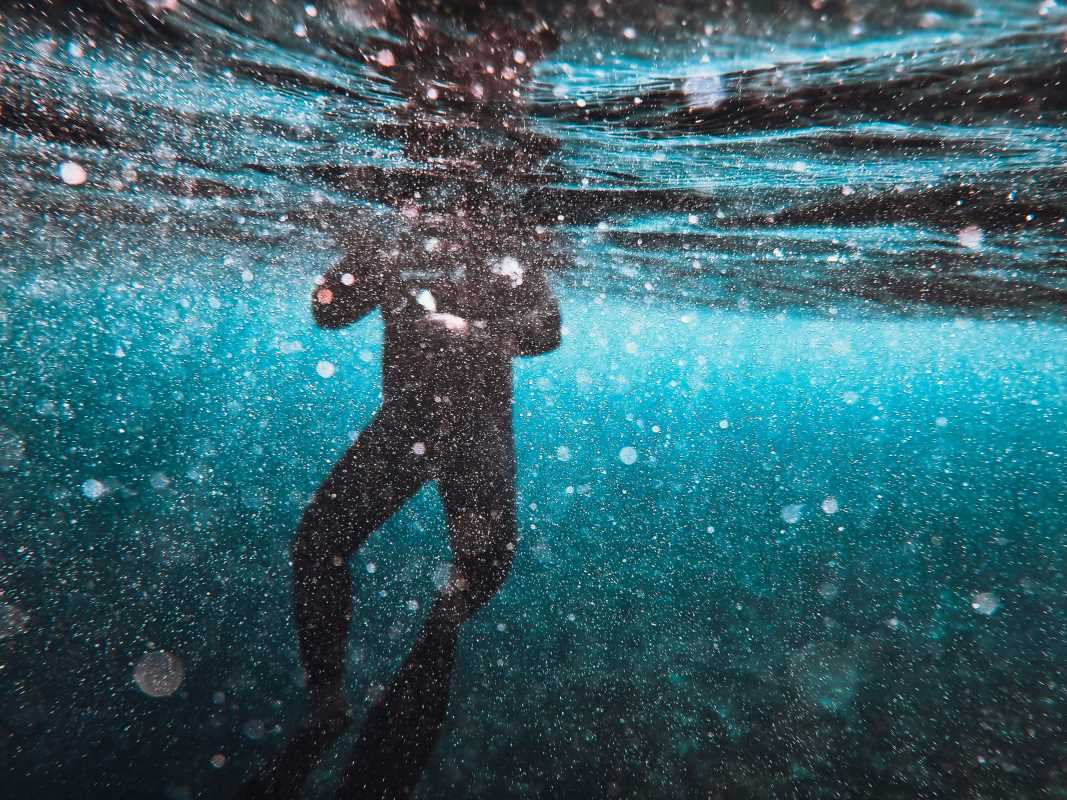Underwater welding represents a specialized field that combines welding skills with the challenges of working in aquatic environments. As industries such as oil and gas, shipbuilding, and marine construction grow, companies increasingly seek certified underwater welders. Obtaining certifications not only validates expertise but also creates pathways to advanced career opportunities in the marine sector.
Understanding Underwater Welding
Underwater welding involves performing welding tasks beneath the surface of water bodies, typically in environments such as oceans, lakes, and rivers. This profession requires a unique set of skills, combining both technical welding abilities and the capacity to operate safely in submerged conditions.
- Dry Welding: This technique works in hyperbaric chambers, where a dry environment surrounds the work area, allowing welders to operate similarly to how they would on land.
- Wet Welding: Conducted directly in the water, this method uses special waterproof electrodes to perform the welds without a dry chamber.
- Tack Welding: A preliminary welding process that secures metal pieces together before completing the final welding.
- Hot Work Welding: Involves welding at elevated temperatures, often necessary for certain metal fabrication tasks underwater.
Certification Options
Multiple certifications exist for those interested in pursuing a career in underwater welding. These certifications ensure that welders possess the necessary skills and knowledge to perform safely and effectively in various underwater environments.
Key certification programs include:
- American Welding Society (AWS) Certification: Recognized internationally, AWS offers certifications that cover various underwater welding techniques and safety protocols.
- Association of Diving Contractors International (ADCI) Certification: Focuses on the diver's aspects of underwater welding, emphasizing safety and operational standards.
- International Marine Contractors Association (IMCA) Certification: Provides guidelines and certifications for commercial diving operations, including welding tasks.
- Specialized Training Programs: Many institutions present tailored training programs that combine welding techniques with diving certifications, such as commercial diving or saturation diving.
Benefits of Certification
Obtaining certifications in underwater welding offers numerous advantages that can significantly influence one's career trajectory in the marine industry.
- Enhanced Credibility: Certified welders receive recognition for their expertise and commitment to maintaining industry standards, making them more appealing to employers.
- Increased Job Opportunities: Certification opens doors to a wider range of job prospects, including higher-paying positions and specialized projects.
- Safety Assurance: Certified professionals train in the latest safety protocols, reducing the risk of accidents and ensuring a safer working environment.
- Career Advancement: Certifications often lead to promotions and opportunities for leadership roles within organizations.
- Higher Earning Potential: Certified underwater welders typically command higher salaries compared to their non-certified counterparts.
- Professional Development: Continuous certification encourages ongoing learning and skill enhancement, keeping professionals up-to-date with industry advancements.
Career Opportunities in the Marine Industry
The marine industry offers a diverse range of career paths for certified underwater welders. Whether working on large-scale infrastructure projects or specialized marine vessels, the opportunities are vast and varied.
Possible career avenues include:
- Oil and Gas Offshore Platforms: Maintaining and constructing underwater pipelines, rigs, and other infrastructure essential for oil and gas extraction.
- Shipbuilding and Repair: Engaging in the construction, maintenance, and repair of ships and other marine vessels.
- Marine Construction: Involves building and maintaining underwater structures such as bridges, ports, and aquaculture facilities.
- Salvage Operations: Recovering sunken vessels, equipment, and other underwater artifacts.
- Renewable Energy Projects: Contributing to the installation and maintenance of underwater components for wind farms and other renewable energy sources.
Professional Insights: Testimonials and Case Studies
Hearing from industry professionals provides valuable perspectives on the importance of certifications in underwater welding. John Smith, a certified underwater welder with over a decade of experience, shares, "Obtaining my AWS certification marked a turning point in my career. It not only improved my skills but also gave me the confidence to take on more challenging projects."
Similarly, Maria Lopez, who works with a major marine construction firm, states, "Certification opened up opportunities for me to lead teams and manage complex welding projects underwater. It has been instrumental in my professional growth."
Advancing Your Career with Certifications
Investing in underwater welding certifications can propel your career forward. Certifications validate your expertise, making you a more competitive candidate in the job market. They also demonstrate a commitment to maintaining high standards of safety and proficiency, which are critical in the marine industry.
Underwater welding certifications play a crucial role in advancing careers within the marine industry. They provide the necessary credentials, enhance job prospects, and ensure adherence to safety standards. For professionals seeking to excel in this challenging yet rewarding field, obtaining the appropriate certifications constitutes a valuable investment in their future.
 (Image via
(Image via




.jpeg)
